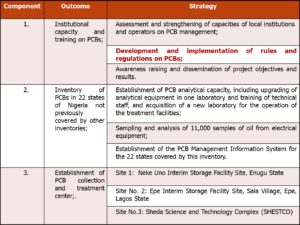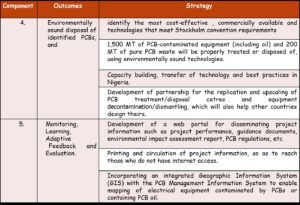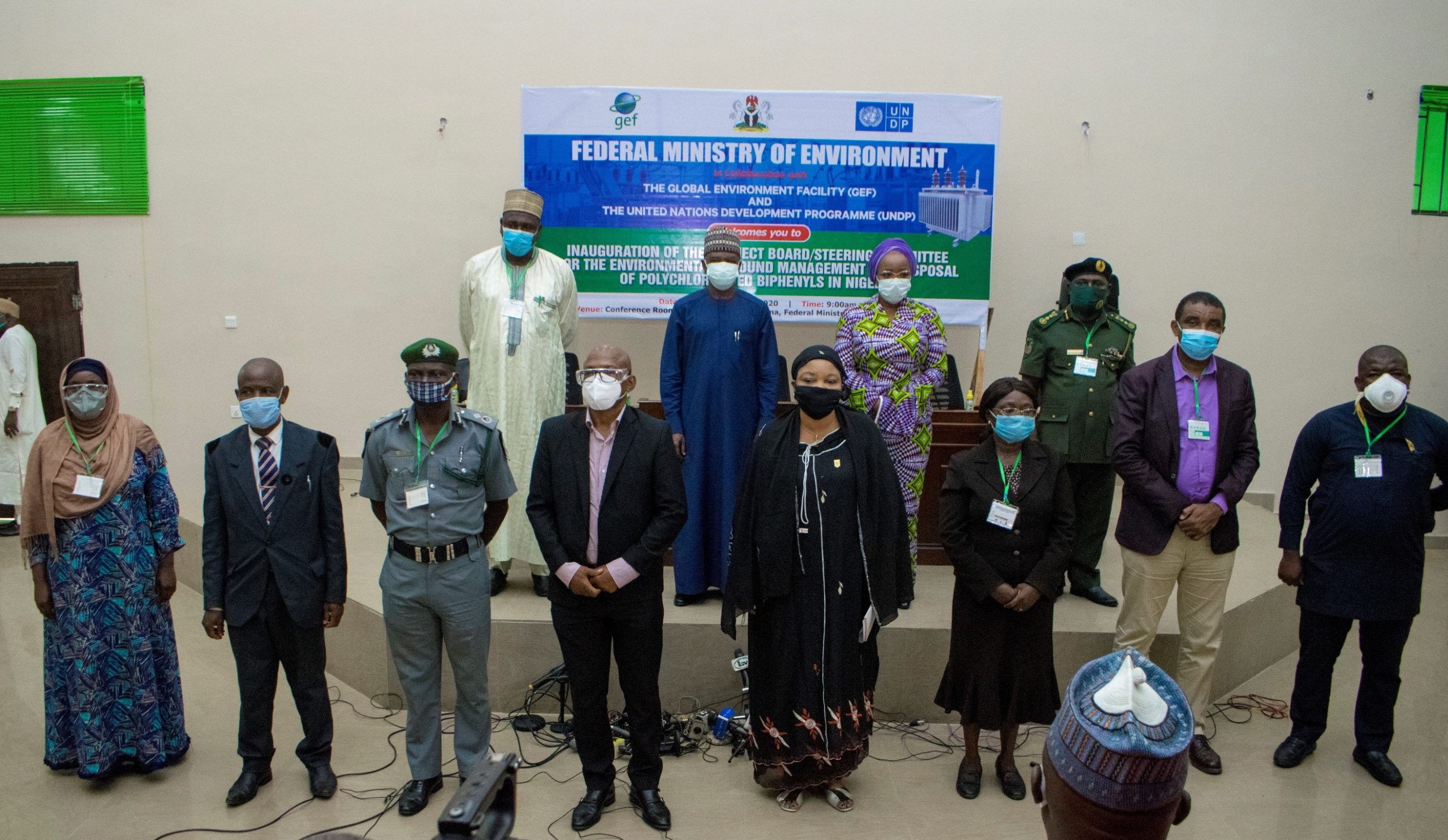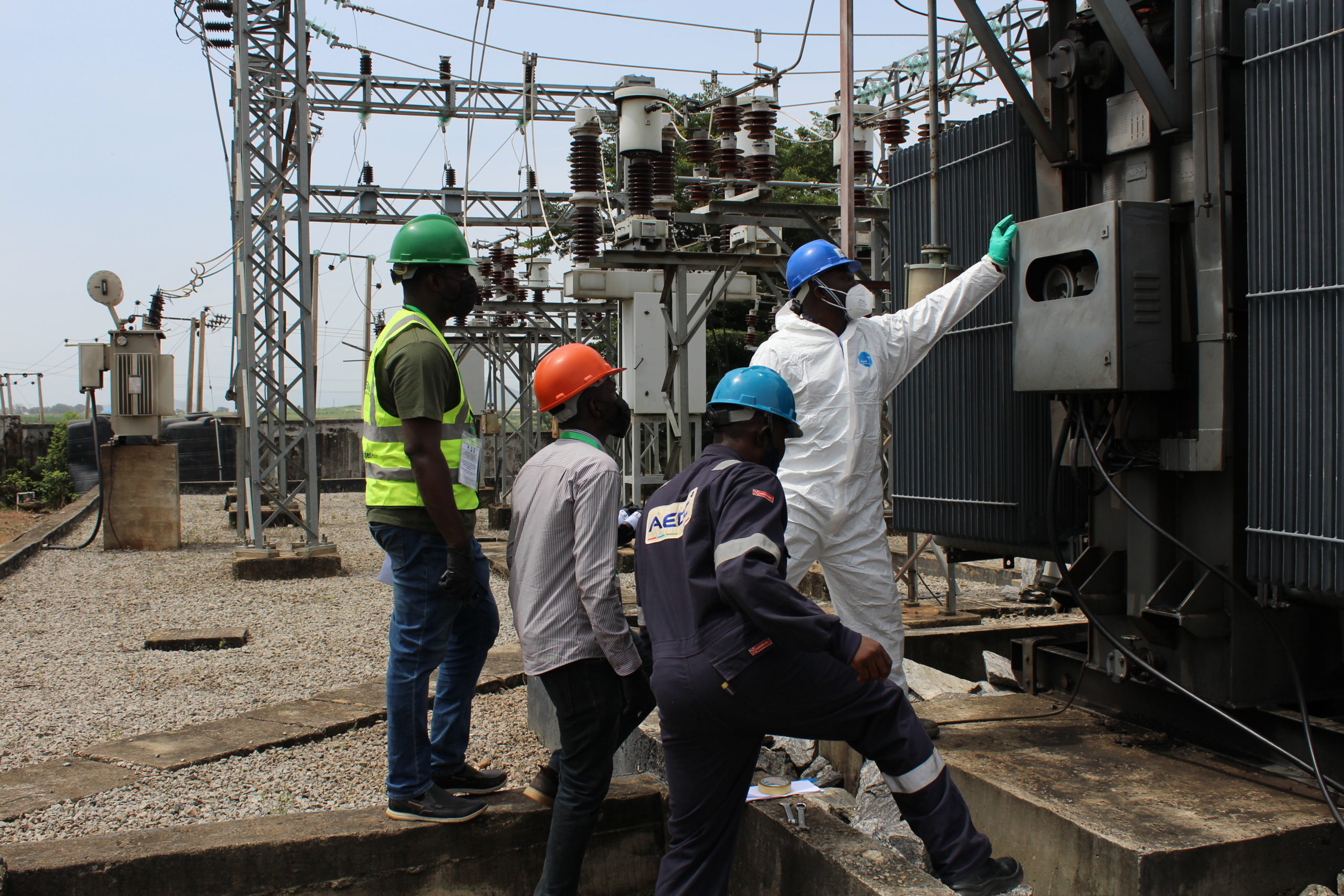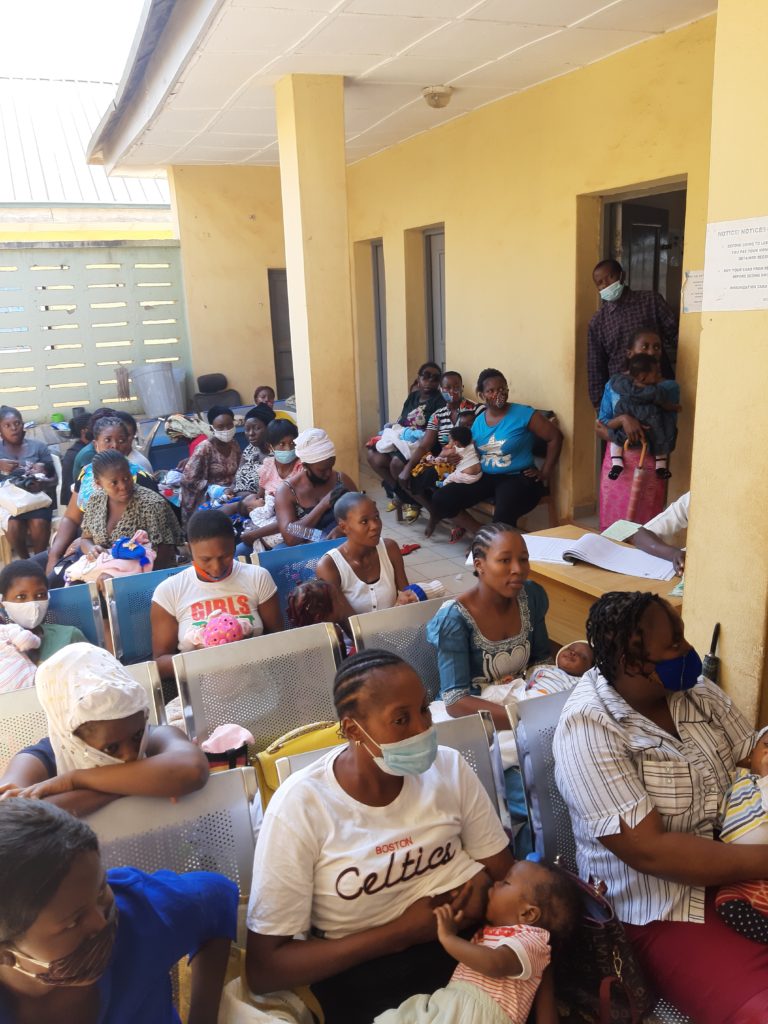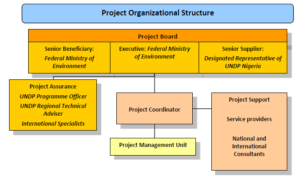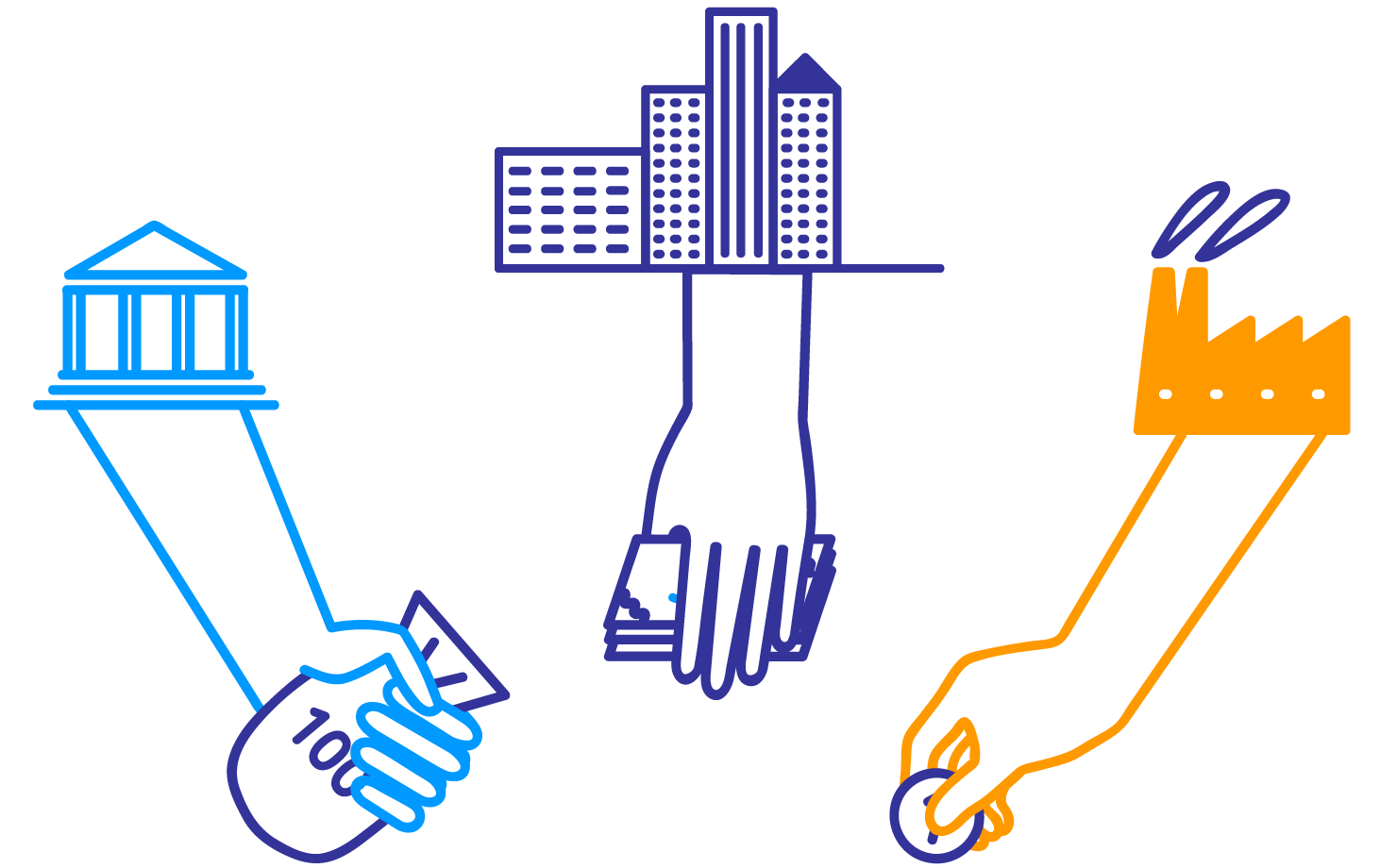Environmentally Sound Management and Disposal of PCBs
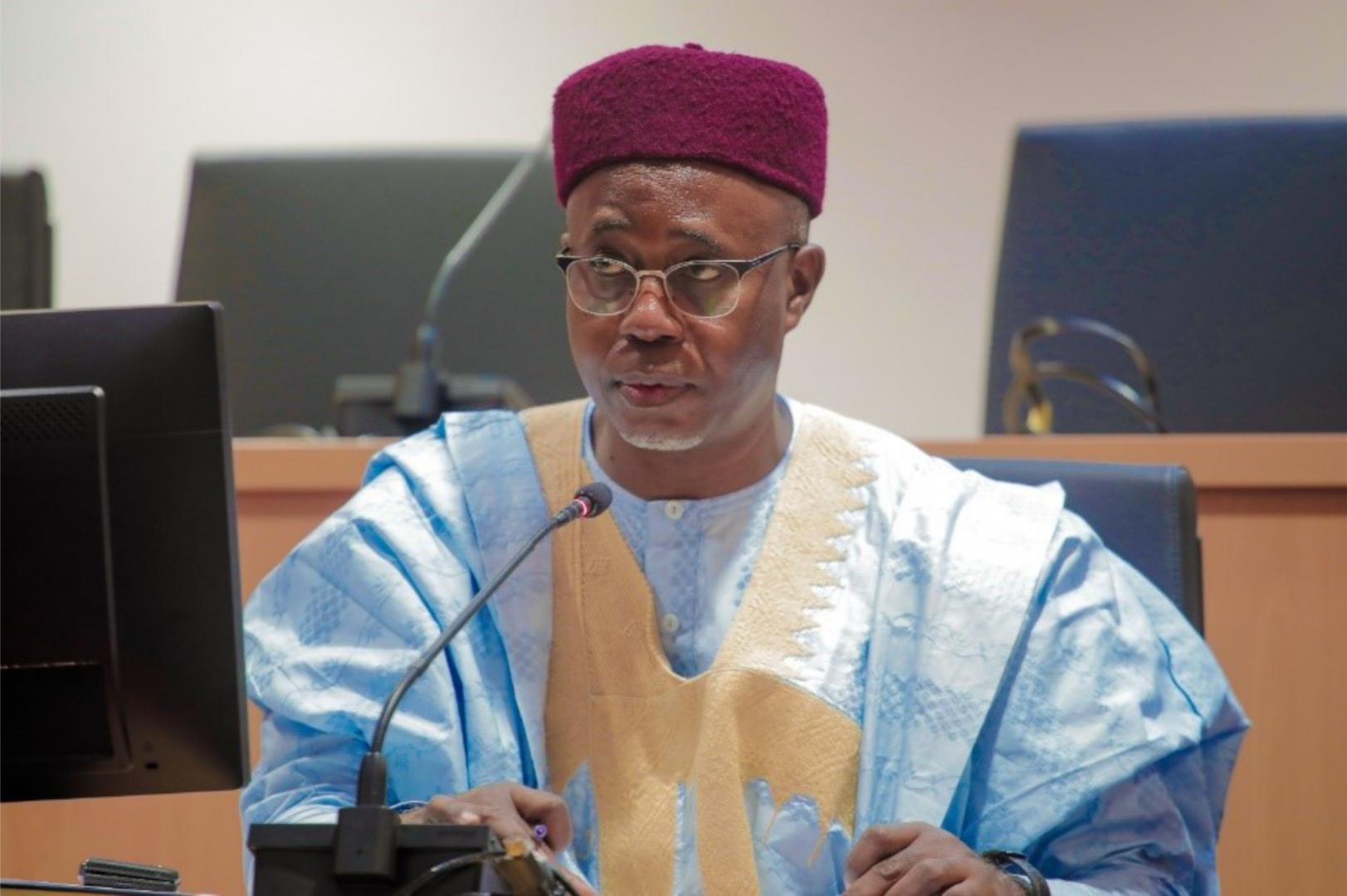
Engr. Hassan Musa Permanent Secretary, Federal Ministry of Environment
Nigeria is committed to and advancing an effective PCBs Phase-out programme delivery, in line with Part II of Annex A to the Stockholm Convention.
PCBs as a family is listed in Annex A on Elimination, which stipulates that its production is prohibited. It also stipulates that each Party shall:-
(a) with regard to the elimination of the use of polychlorinated biphenyls in equipment (e.g. transformers, capacitors and other receptacles containing liquid stocks) by 2025, subject to review by the Conference of the Parties, take action in accordance with the following priorities:
(i) per cent polychlorinated biphenyls and volumes greater than 5 litres;
(ii) make determined efforts to identify, label and remove from use equipment containing greater than 0.05 per cent polychlorinated biphenyls and volumes greater than 5 litres;
(iii) endeavour to identify and remove from use equipment containing greater than 0.005 percent polychlorinated biphenyls and volumes greater than 0.05 litres;
(b) Consistent with the priorities in subparagraph (a), promote the following measures to reduce exposures and risk to control the use of polychlorinated biphenyls:-
(i) Use only in intact and non-leaking equipment and only in areas where the risk from environmental release can be minimised and quickly remedied;
(ii) Not use in equipment in areas associated with the production or processing of food or feed;
(iii) When used in populated areas, including schools and hospitals, all reasonable measures to protect from electrical failure which could result in a fi re, and regular inspection of equipment for leaks;
(c) Notwithstanding paragraph 2 of Article 3, ensure that equipment containing polychlorinated biphenyls, as described in subparagraph (a), shall not be exported or imported except for the purpose of environmentally sound waste management;
(d) Except for maintenance and servicing operations, not allow recovery for the purpose of reuse in other equipment of liquids with polychlorinated biphenyls content above 0.005 per cent;
(e) Make determined efforts designed to lead to environmentally sound waste management of liquids containing polychlorinated biphenyls and equipment contaminated with polychlorinated biphenyls having a polychlorinated biphenyls content above 0.005 per cent, in accordance with paragraph 1 of Article 6, as soon as possible but no later than 2028, subject to review by the Conference of the Parties;
(f) In lieu of note (ii) in Part I of this Annex, endeavor to identify other articles containing more than 0.005 per cent polychlorinated biphenyls (e.g. cable-sheaths, cured caulk and painted objects) and manage them in accordance with paragraph 1 of Article 6;
(g) Provide a report every fi ve years on progress in eliminating polychlorinated biphenyls and submit it to the Conference of the Parties pursuant to Article 15;
(h) The reports described in subparagraph (g) shall, as appropriate, be considered by the Conference of the Parties in its reviews relating to polychlorinated biphenyls. The Conference of the Parties shall review progress towards elimination of polychlorinated biphenyls at five year intervals or other period, as appropriate, taking into account such reports.
Nigeria is also conscious of the exigency and expediency to:-
- complete national inventories of all PCBs and related contaminated equipment;
- improve the capacity and increase the knowledge of PCB equipment owners on proper maintenance of equipment to avoid further contamination; and
- establish proper storage of discontinued equipment and ensure disposal of all the PCB oils and contaminated equipment in an environmentally sound manner.
The PCB inventories conducted in 2008 and 2009 in the Power Sector conservatively estimated the amount of PCBs-contaminated oil at 421 tons, combined weight of PCB-contaminated equipment at 1,061 tons and total amount of PCB-contaminated wastes in Nigeria at 3,400 tons. In the same vein, the 2014 PCBs inventory conducted in Federal Capital Territory (FCT) and fourteen States (Kaduna, Kano, Sokoto, Bauchi, Benue, Niger, Lagos, Ogun, Oyo, Delta, Rivers, Abia, Anambra and Enugu) reported 1689.25metric tonnes (MT) of PCBs and 6137.71MT of PCBs-containing equipment. It was also reported in 2014 that the power sector had about 250 transmission transformers, 34,800 distribution transformers and over 2,000 power transformers. While It is not unlikely that these had unequivocally been underestimated due to data gaps, with increasing investments in the national electricity production, transmission and distribution (T&D) networks and backbone infrastructures, it is plausible to indicate that the situation must have significantly escalated over the last decade.
Consequently, Nigeria is implementing the Environmentally Sound Management and Disposal of PCBs, with incremental supports of the Global Environment Facility (GEF) and United Nations Development Programme (UNDP). The project is intended to:-
- build the national capacity for sound management of PCBs and PCBs-containing/contaminated electrical equipment in the Power Sector;
- protect the environment and citizenry against PCBs exposure risks;
- enable Nigeria meet her obligations under the Stockholm Convention; and
- translate lessons learnt in this project to other countries experiencing similar challenges.
The project, which had its inception in 2018, with a duration of 5years, is domiciled in Federal Ministry of Environment, as the lead organisation for the PCB Project Implementation, as the Designated National Authority for International Treaties on Chemicals and Waste in Nigeria.
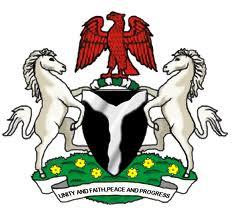 Federal Ministry of Environment
Federal Ministry of Environment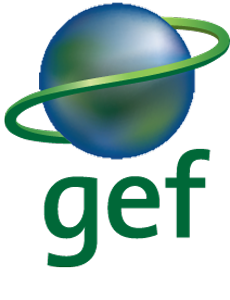 ironment Facility
ironment Facility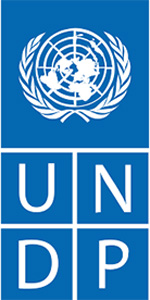 United Nations Development Programme
United Nations Development Programme